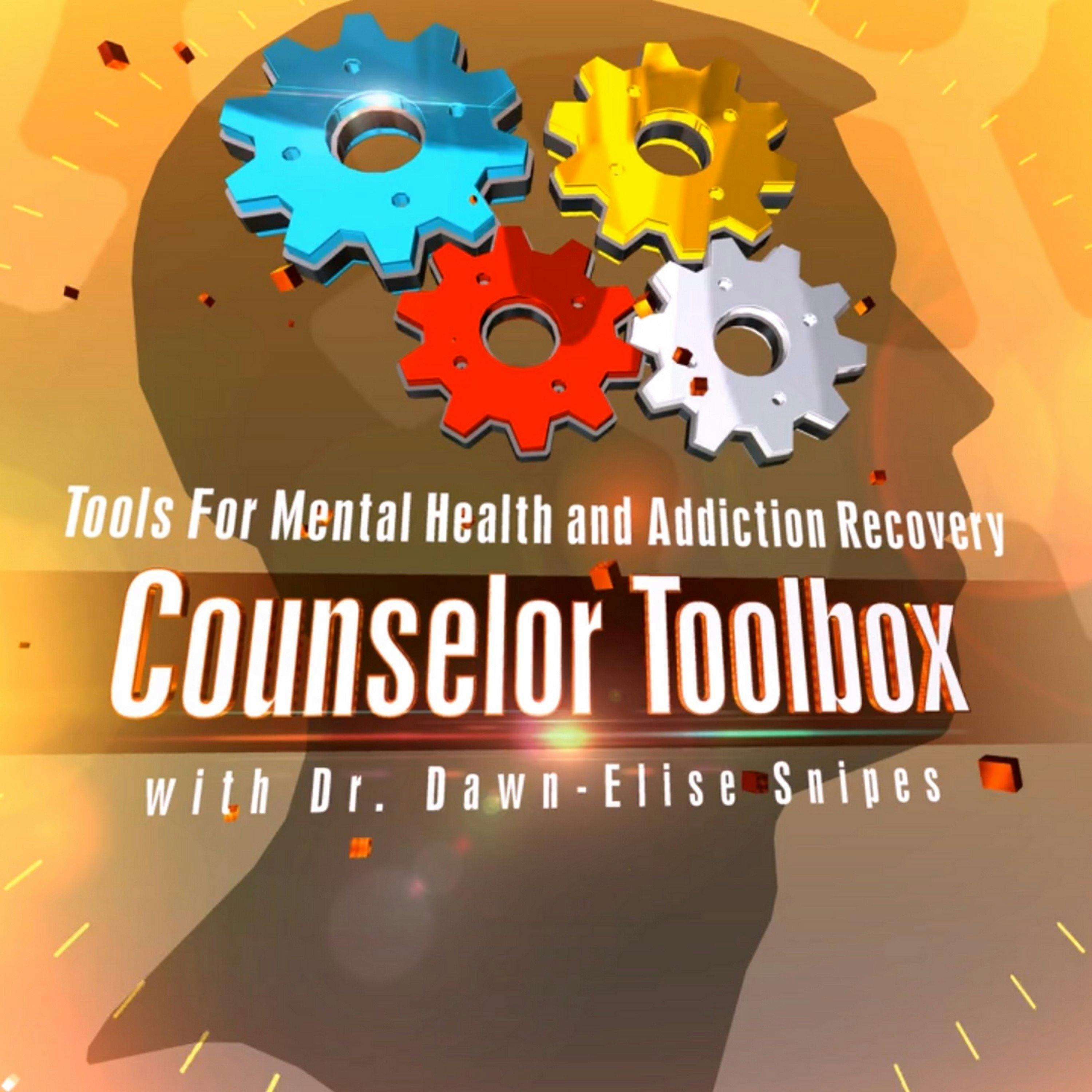Overcoming Emotional Challenges in Porn Addiction Recovery
Description
Introduction
Presenter: Dr. Dawn-Elise Snipes.
Topic: Emotional aspects of porn addiction recovery.
Focus: Interaction of emotions, thoughts, and behaviors; identifying distress triggers; and tools for managing emotions.
Understanding Emotions in Recovery
Emotions as Natural Responses:
Emotions are automatic reactions based on past experiences, similar to a smoke alarm indicating potential threats.
Distressful emotions, if unmanaged, can slow recovery or lead to relapse.
Cognitive Behavioral Triad:
Interaction of Thoughts, Emotions, and Behaviors: Each influences the other, creating a cycle that can either help or hinder recovery.
Feelings Aren't Facts: It’s important to challenge emotions by examining the facts of the situation.
Managing Emotions
Balancing Emotions:
Emotions, whether pleasant or unpleasant, are necessary and natural.
The goal is not to eliminate emotions but to manage them effectively in the context of recovery.
Triggers and Responses:
Memory Pathways: Repeated behaviors reinforce memory pathways, influencing future expectations and reactions.
Self-Fulfilling Prophecies: Negative thoughts can create a cycle of self-sabotage, reinforcing fears and insecurities.
Key Strategies for Emotional Management
Unhooking from Emotions:
Separate yourself from your emotions by recognizing them as temporary states, not as facts or permanent parts of your identity.
Acknowledge feelings like fear or anxiety without letting them dictate your actions.
Distress Tolerance Skills:
Downregulate Stress: Use techniques to calm your body and mind, like mindfulness or physical activities, to prevent relapse.
Addressing Irritability and Anger: Recognize triggers, such as lack of sleep or stress, and manage them proactively.
Dealing with Specific Emotions
Anger and Resentment:
Anger often stems from perceived threats or loss of control. Resentment is prolonged anger that can harm recovery.
Forgiveness: Letting go of anger and resentment is crucial for moving forward. Use the pneumonic "ALL" (Acknowledge, Learn, Live) to process and release anger.
Shame and Guilt:
Shame: A deep-seated belief in being unlovable or defective. It’s important to distinguish between who you are and your behaviors.
Guilt: Anger at oneself for specific actions. Resolving guilt involves self-forgiveness and making amends where necessary.
Depression and Grief:
Depression can result from neurotransmitter imbalances or grief over lost opportunities or relationships.
Acceptance and Moving Forward: Address feelings of hopelessness by focusing on what can be controlled and accepting what cannot.
Building Resilience in Recovery
Hardiness and Tragic Optimism:
Tragic Optimism: Acknowledge the bad but also recognize the good, fostering hope for positive change.
Hardiness: Involves commitment to meaningful life goals, control over what can be managed, and viewing challenges as opportunities for growth.
Conclusion
Emotions as Communication:
Emotions signal potential threats or positive experiences based on past knowledge.
Effective recovery requires addressing emotions, thoughts, and behaviors together to create a balanced and sustainable recovery process.
Chapters:
00:00:00 - The Cognitive Behavioral Triad
00:04:23 - Acknowledging and balancing feelings
00:08:52 - Rejection and Disapproval in Context
00:13:27 - Unhooking from Negative Thoughts and Feelings
00:17:59 - Triggers of Irritability and Porn Use
00:22:35 - Understanding and Coping with Anger
00:27:06 - Understanding and Preventing Addiction
00:31:49 - Coping with Guilt and Self-Forgiveness
00:36:12 - Moving towards acceptance and resolving grief
00:40:42 - Controlling Your Emotions for Recovery
Learn more about your ad choices. Visit megaphone.fm/adchoices
More Episodes
Learn more about your ad choices. Visit megaphone.fm/adchoices
Published 11/21/24
Published 11/21/24
Introduction
Presenter: Dr. Dawn-Elise Snipes discusses helping families navigate life transitions using the Flower Empower Model.
The focus is on understanding how various transitions impact both individuals and families, emphasizing the importance of supportive partnerships between...
Published 11/19/24


